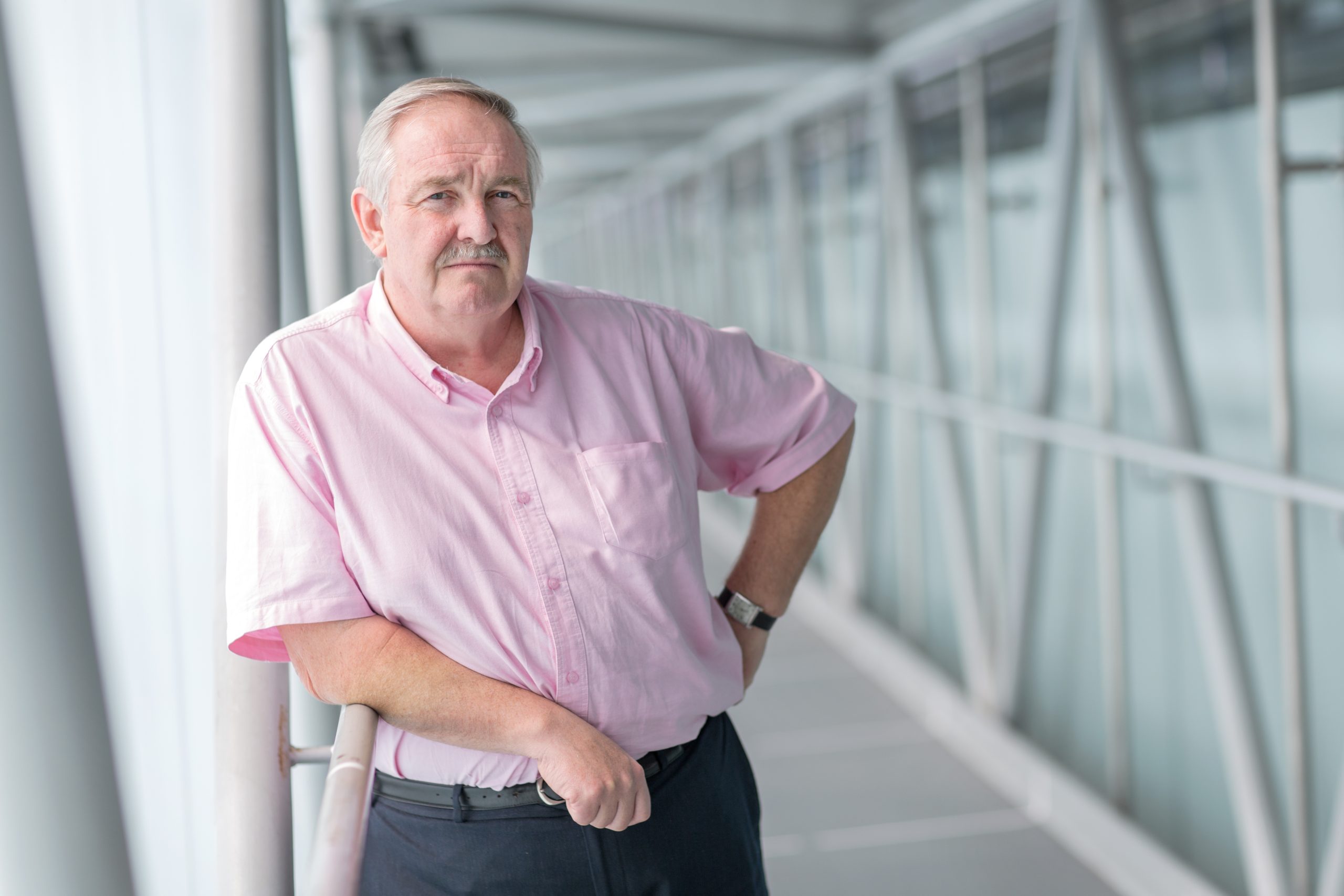Books & Podcasts
JUN 2025
In Psychedelics: The Revolutionary Drugs That Could Change Your Life – A Guide from the Expert, world-renowned neuropsychopharmacologist (someone who studies the effects of drugs on the brain and behavior) Professor David Nutt offers a powerful, evidence-based account of how psychedelic medicines are reshaping the fields of neuroscience, psychiatry and mental health. I read it in preparation for our panel at SXSW London in early June and highly recommend it for anyone curious about the science, history and future of these extraordinary substances.

Once vilified and outlawed during the global “war on drugs” spearheaded by President Nixon, psychedelics are now at the heart of one of the most significant medical and cultural shifts of our time. In this compelling book, Nutt takes readers on a journey through history, science and policy. He traces how these compounds, long suppressed, are finally reclaiming their role in healing trauma, depression, addiction, and more.
With decades of clinical and research experience, Nutt explains how psychedelics like psilocybin, LSD, DMT, ketamine, and MDMA work on the brain – not by stimulating it, but by quieting the areas responsible for rigid, negative thought patterns. His groundbreaking trials at Imperial College London show that one psychedelic-assisted therapy session can offer more relief from treatment-resistant depression than years of standard medication.

© Imperial College
The book doesn’t shy away from history either. From 5,000-year-old cave paintings depicting mushroom use to the Cold War-era misuse of psychedelics by intelligence agencies. Nor does it avoid controversy: Nutt was famously dismissed as the UK government’s chief drug advisor in 2009 for stating that ecstasy and LSD were less dangerous than alcohol, claims he backs up with hard data.

© Psychedelic Spotlight
But Psychedelics is far from just a critique of policy. It’s a hopeful, visionary guide to the future. Nutt introduces readers to promising research on treating smoking addiction, alcoholism, OCD and chronic pain, and explores the synergy between psychedelics and psychotherapy. He shares the latest results from studies at Imperial College, Johns Hopkins, and beyond, and looks at what it would take for the UK (and the world) to safely integrate these medicines into mainstream care.
With countries like Australia legalizing psilocybin and MDMA for medical use in 2023, and U.S. states like Oregon and Colorado following suit, the psychedelic renaissance is no longer a fringe idea. As Nutt writes, “but in the 1960s, psychedelics were banned, not because they were dangerous, but for political reasons.”
Whether you’re a clinician, patient, policymaker or seeker, Psychedelics opens a door to a new paradigm of healing, consciousness and connection.